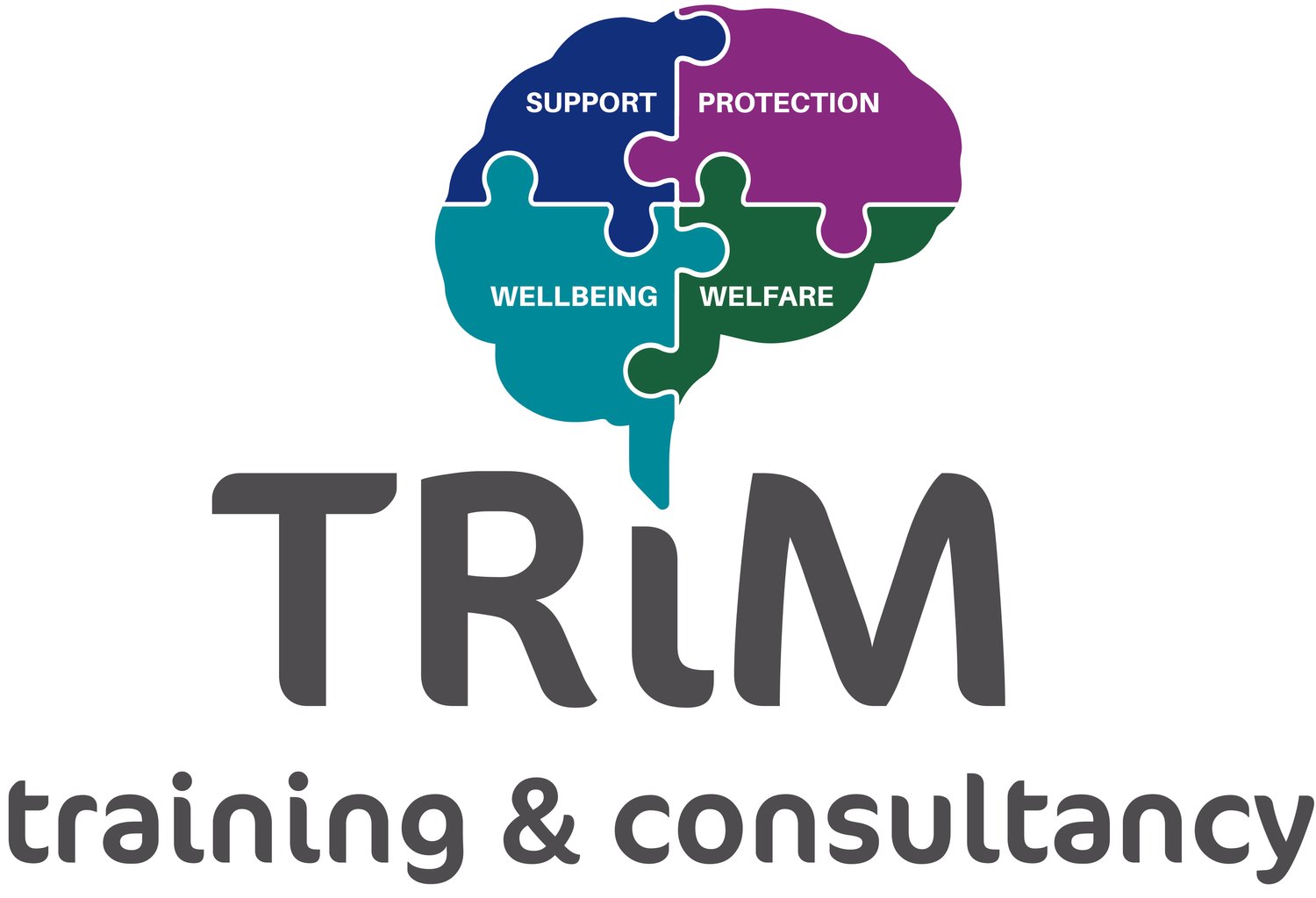Why do you need TRiM?
We recognise that employees prefer peer led programmes. They are more likely to talk to someone who has shared experiences. TRiM will allow you to identify those who may need professional help, allow trained peers to provide advice and support when professional counselling isn’t required and also demonstrate that your organisation is invested in their health and wellbeing.
Support
Supporting your employees by having an established robust wellbeing service results in positive outcomes for both the individual and the organisation (Mc Daid, 2011. Miller, 2016).
Research highlights the importance of such “perceived support”, this can help people to cope after trauma. For example, a qualitative study of police officers who had experienced traumatic incidents concluded that knowing support was available greatly assisted them in managing their wellbeing (Evans et al, 2013)
Healthy Mind
A healthy mind is associated with a healthy body. Looking after ones mental health can help reduce sickness absence and improve the quality of care which is delivered to patients and clients. (Lakey, 2018)
It’s good to talk – TRiM encourages mental health conversations between peers and demonstrates an organisation is invested in their health and wellbeing; these are all elements which can reduce the stigma associated with mental health conditions (Orner, 2003).
Legal Requirement
Both Employers and Employees have a legal and moral obligation to look after their health and safety, this includes mental wellbeing. (Lakey, 2018)
NICE (2017) recommends organisations to encourage staff to disclose health and wellbeing issues so that support can be provided.
Richard, Blackpool Paramedic




